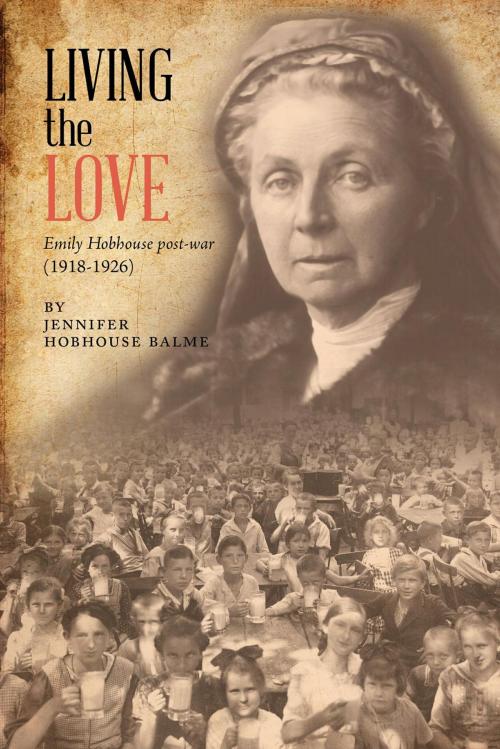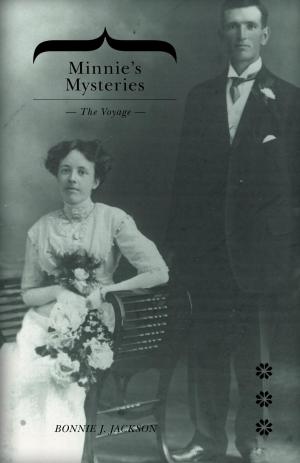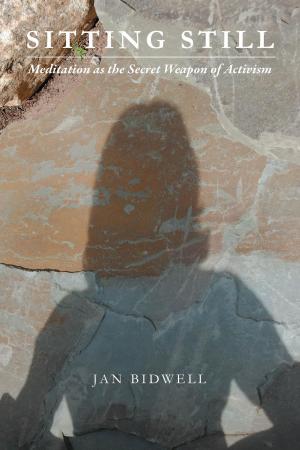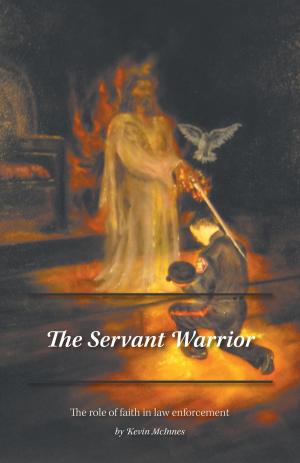| Author: | Jennifer Hobhouse Balme | ISBN: | 9781460275986 |
| Publisher: | FriesenPress | Publication: | April 8, 2016 |
| Imprint: | Language: | English |
| Author: | Jennifer Hobhouse Balme |
| ISBN: | 9781460275986 |
| Publisher: | FriesenPress |
| Publication: | April 8, 2016 |
| Imprint: | |
| Language: | English |
In 1918 Emily Hobhouse was 58 and a partial invalid. She could have retired to her beloved Cornwall to write her memoirs but the plight of the children of Europe, half starved by war restrictions, called her to new works. Helped by the Save the Children Fund and people of the South Africa, her main scheme was to provide meals for thousands of children in the city of Leipzig, Germany. Then the South Africans remembering how she had helped and encouraged their own women and children in the Anglo Boer war of 1899-1902 gave her money for a house in Cornwall where she could write. Her ashes were interred in the War Memorial in South Africa dedicated to the women and children whom long ago she had done so much to help. Though often sick hers was a life of Service and shows what determination can achieve.
In 1918 Emily Hobhouse was 58 and a partial invalid. She could have retired to her beloved Cornwall to write her memoirs but the plight of the children of Europe, half starved by war restrictions, called her to new works. Helped by the Save the Children Fund and people of the South Africa, her main scheme was to provide meals for thousands of children in the city of Leipzig, Germany. Then the South Africans remembering how she had helped and encouraged their own women and children in the Anglo Boer war of 1899-1902 gave her money for a house in Cornwall where she could write. Her ashes were interred in the War Memorial in South Africa dedicated to the women and children whom long ago she had done so much to help. Though often sick hers was a life of Service and shows what determination can achieve.















